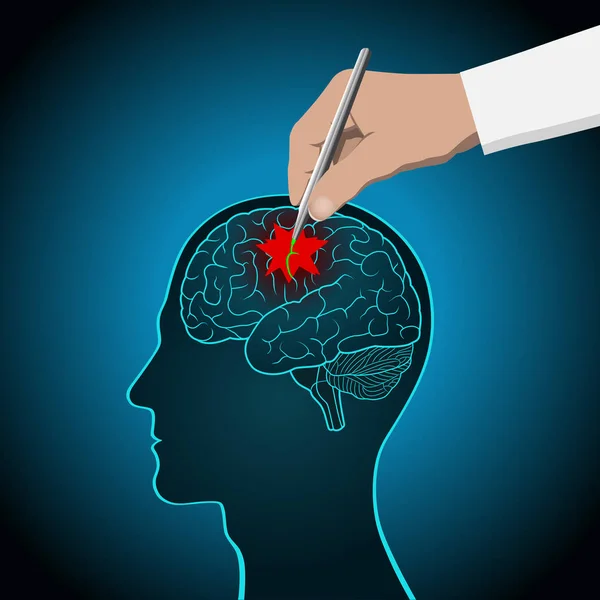
Key Points:
- Subdural hemorrhage, a type of bleeding between the brain and its outer membrane, is significantly more likely in individuals with cerebral amyloid angiopathy (CAA), a condition characterized by amyloid deposits in blood vessel walls.
- The study, published in JAMA Neurology, analyzed data from over 600,000 participants in the UK and US, finding that those with CAA were 5-7 times more likely to experience subdural hemorrhage.
- This finding suggests a potential shift in how clinicians approach subdural hemorrhage, potentially leading to screening for underlying CAA and improving patient outcomes.
- While the study doesn't prove causation, it encourages further research into the connection between CAA and subdural hemorrhage. Future studies could involve using PET scans to detect amyloid in patients with isolated subdural hemorrhage.
- Currently, no specific treatments exist for CAA, but anti-amyloid therapies developed for Alzheimer's disease could potentially be tested in CAA patients in the future. Early identification of CAA through screening could enable patients to benefit from such treatments when available.
What does this mean for older adults?
While this study is a significant step forward, it's important to remember that more research is needed to confirm the definitive cause of SDH and develop effective treatments. If you're an older adult concerned about brain health, it's always best to consult with your doctor for personalized advice and guidance.
Here are some additional tips for maintaining good brain health as you age:
- Maintain a healthy lifestyle: Eat a balanced diet, exercise regularly, and get enough sleep.
- Manage chronic conditions: Keep blood pressure, cholesterol, and diabetes under control.
- Stay mentally active: Challenge your brain with puzzles, games, and new learning experiences.
- Socialize regularly: Strong social connections are important for brain health.
By taking care of your overall health and well-being, you can reduce your risk of developing age-related brain conditions like SDH.
In conclusion, this groundbreaking study has shed light on a long-standing puzzle, offering a crucial piece in the intricate puzzle of brain health in older adults. The connection between CAA and SDH holds significant promise for improved diagnosis, management, and potentially, prevention of this devastating brain injury. As research progresses, we stand on the cusp of a new chapter in understanding and combating this prevalent threat to the well-being of our aging population.
*** We hold our sponsor in high regard *** |
| [TAG1]
Image Credit: Debra Macarthur / AuthorsUSA.com |
Did you miss our previous article...
https://naturesmart.us/health/can-salmonella-infection-kill-tips-to-avoid-catching-it
 HealthWellnessFitnessBeautyVideosPrivacy PolicyTerms And Conditions
HealthWellnessFitnessBeautyVideosPrivacy PolicyTerms And Conditions
